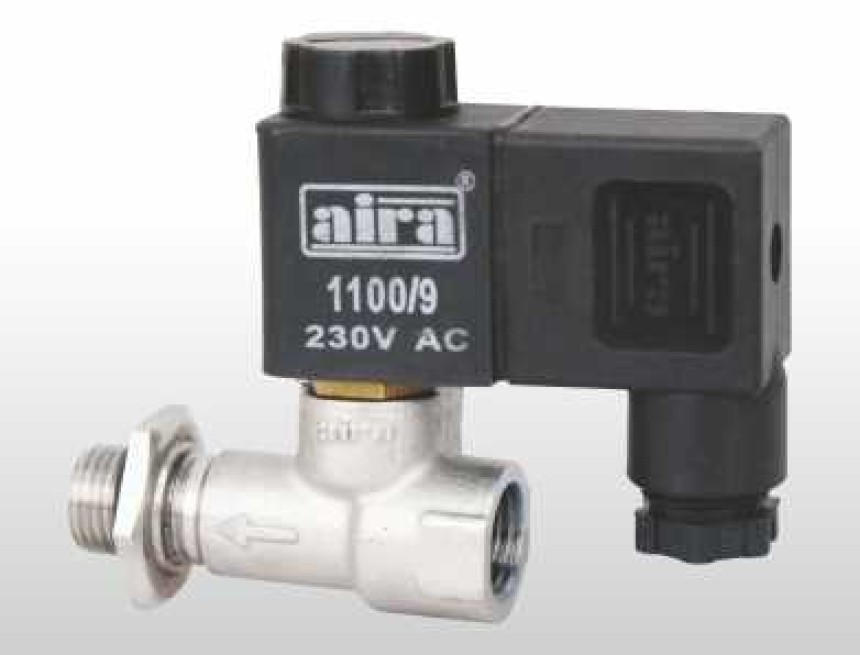
Choosing the Right Control Valve: A Comprehensive Guide
Control valves play a crucial role in various industries, allowing for precise regulation of fluid flow, pressure, temperature, and other process variables. Selecting the right control valve is essential to ensure optimal performance, efficiency, and reliability of industrial processes. However, with numerous options available in the market, making the right choice can be challenging. In this comprehensive guide, we will explore key factors to consider when choosing a control valve, empowering you to make informed decisions for your specific application.
Understanding Control Valve Basics
Before delving into the selection process, it's important to grasp the fundamental aspects of control valves. These devices regulate fluid flow by adjusting the valve opening in response to signals from a controller. Control valves come in various types, including globe valves, butterfly valves, ball valves, and more. Each type has distinct features and is suitable for specific applications. Familiarize yourself with these basics to better understand the subsequent selection criteria.
Identifying Application Requirements
The first step in selecting a control valve is to identify the specific requirements of your application. Consider factors such as the type of fluid, pressure range, temperature range, flow rate, and the desired level of control accuracy. Additionally, take into account any special requirements, such as resistance to corrosion or the need for low noise or cavitation control. Understanding these application-specific requirements is crucial in choosing a valve that can effectively meet your needs.
Valve Sizing and Flow Characteristics
Valve sizing involves determining the correct valve size to achieve the desired flow rate and pressure drop across the valve. Improper sizing can result in excessive energy consumption, poor control performance, and even damage to the valve or the overall system. Consider the flow characteristics of the fluid, such as its viscosity and compressibility, as these factors can affect the valve sizing and type selection. Consult with valve manufacturers or use specialized software to ensure accurate sizing calculations.
Control Valve Actuators
Actuators are responsible for operating the valve and translating the control signal into mechanical movement. They can be pneumatic, electric, or hydraulic, each with its own advantages and limitations. Evaluate the requirements of your application to determine the most suitable actuator type. Factors to consider include response time, positioning accuracy, reliability, and control system compatibility. Additionally, assess the availability of power sources and the maintenance requirements associated with different actuator types.
Material Selection and Compatibility
Selecting the right materials for your control valve is crucial for ensuring long-term performance and durability. Consider the chemical composition and properties of the fluid being controlled, as well as any potential interaction between the fluid, valve material, and surrounding environment. Corrosion, erosion, and temperature resistance should be carefully evaluated to prevent premature failure or degradation of the valve. Consult material compatibility charts or seek guidance from valve manufacturers for appropriate material selections.
Control Valve Accessories and Special Features
Control valves often come with additional accessories and features that can enhance their functionality and reliability. These include positioners, digital controllers, smart valve technology, and diagnostic capabilities. Assess whether your application requires any specific accessories or features that can improve control performance, provide feedback, or enable remote monitoring and control. Additionally, consider the ease of installation, maintenance, and compatibility with existing control systems.
Supplier Evaluation and Support
Choosing a reliable supplier is vital to ensure quality products, technical support, and timely after-sales service. Research and evaluate different valve manufacturers or suppliers based on their reputation, industry experience, certifications, and customer reviews. Additionally, consider the availability of spare parts, documentation, and training programs offered by the supplier to facilitate maintenance and troubleshooting.
Conclusion
Selecting the right control valve involves a comprehensive evaluation of various factors, ranging from application requirements and valve sizing to material compatibility and supplier support. By considering these key aspects, you can make an informed decision that maximizes the efficiency, performance, and longevity of your control system. Remember, collaboration with experienced valve manufacturers and industry professionals can provide valuable insights and guidance throughout the selection process.
Need help in growing your business? If you care for your business and want to see it at the top like them, you can contact Grow Media Digital. Grow Media Digital is a one-stop solution for every digital need. For More Details, Visit Our Official Website: https://www.growmedia.digital/
How Home Physiotherapy in Dubai Supports Recovery and Rehabilitation
Everything you need to know about Lensonline.in
Lensonline.in is an online platform that offers a wide range of contact lenses at affordab...



